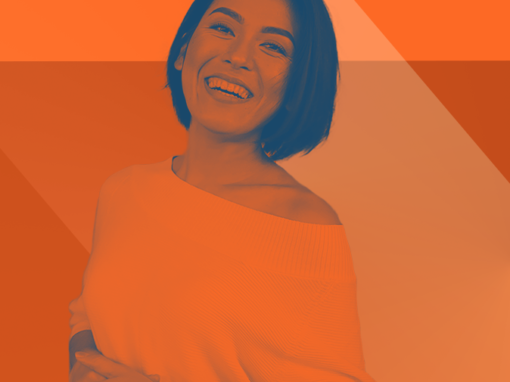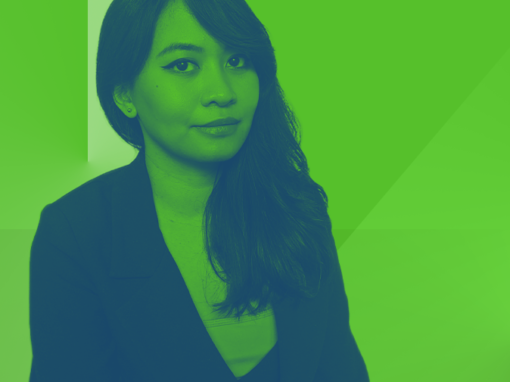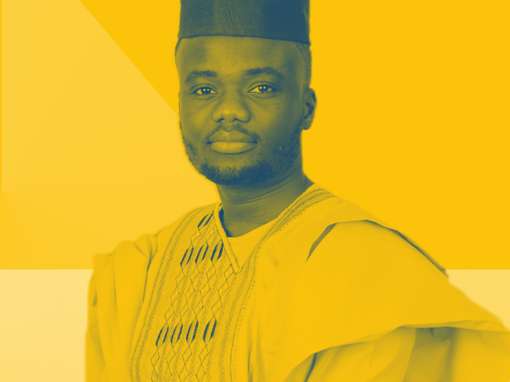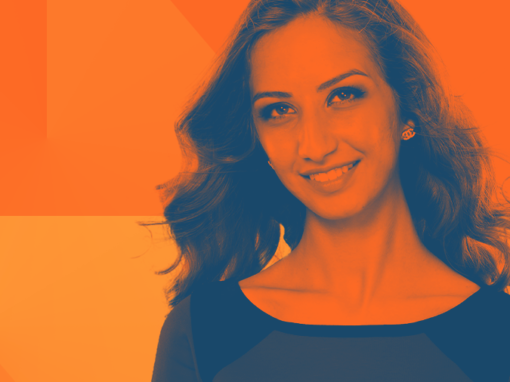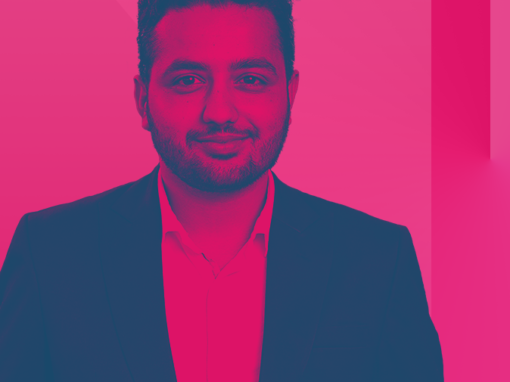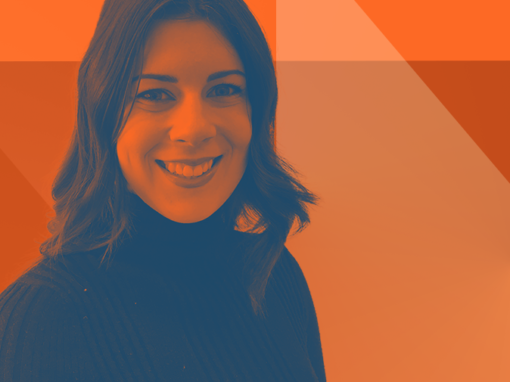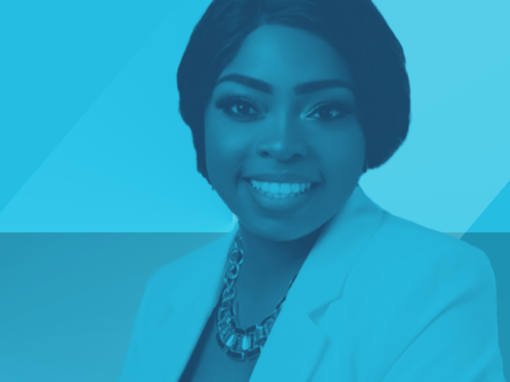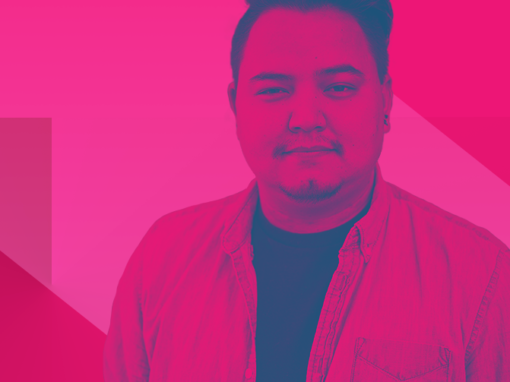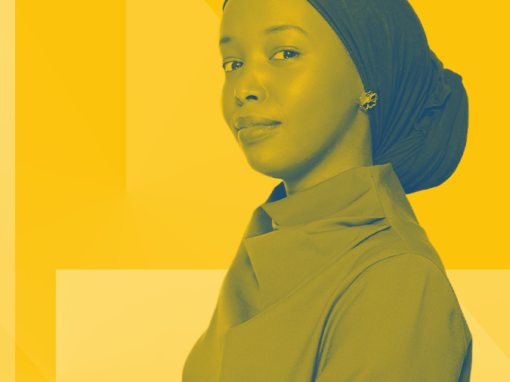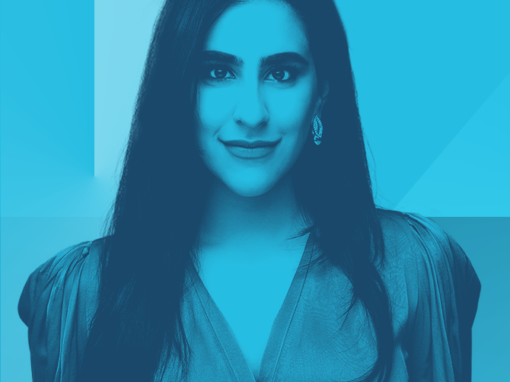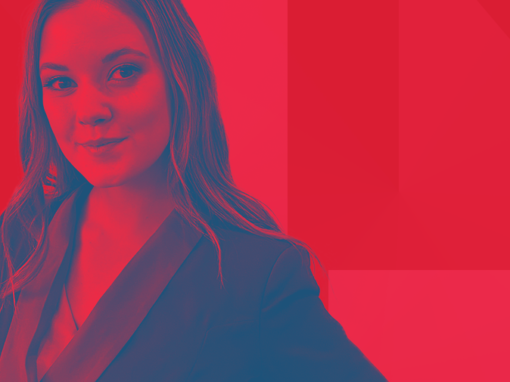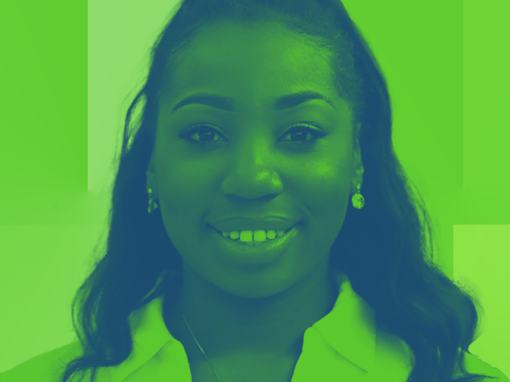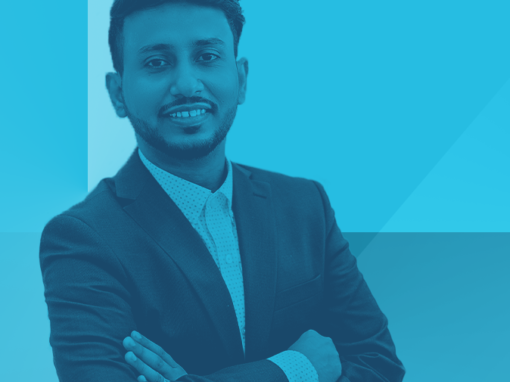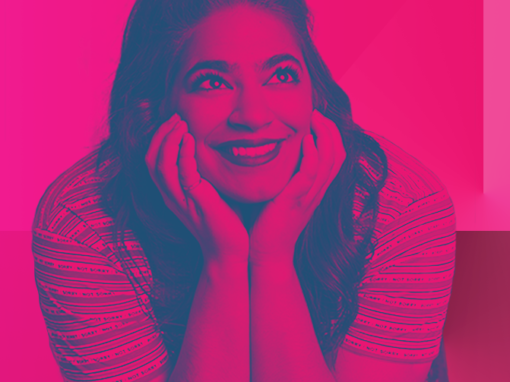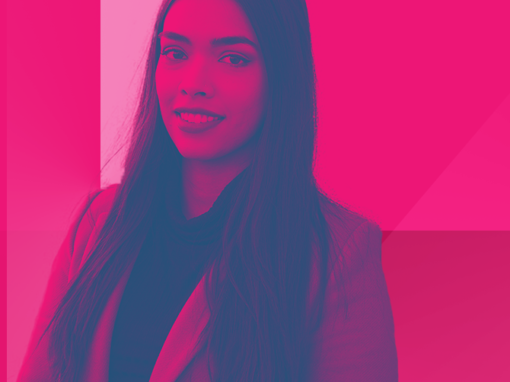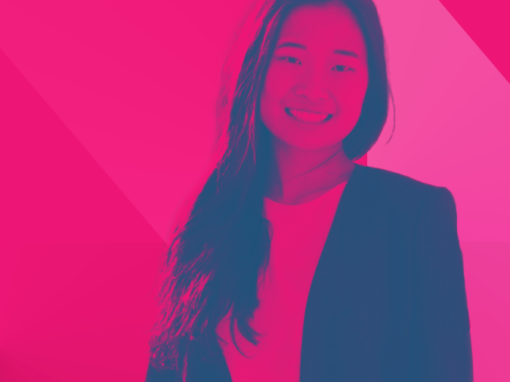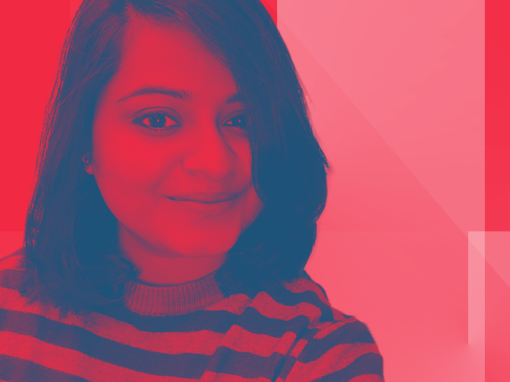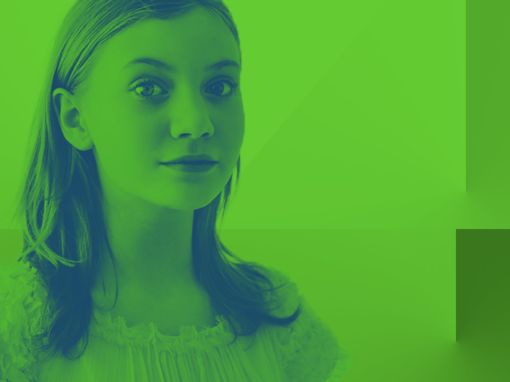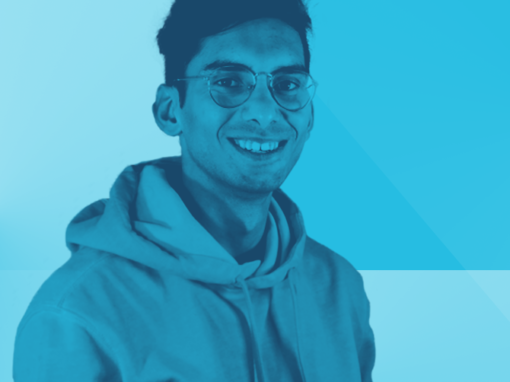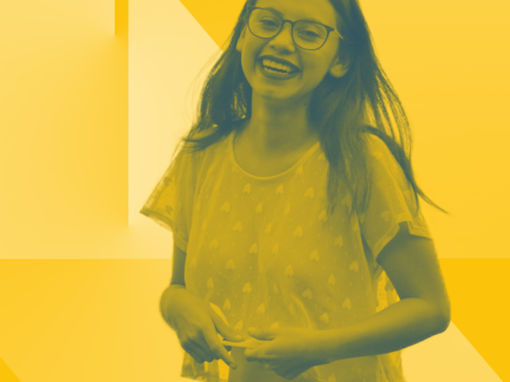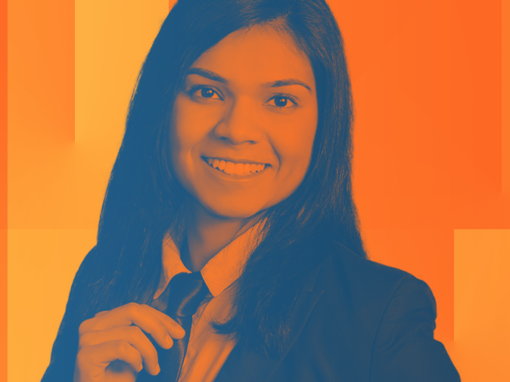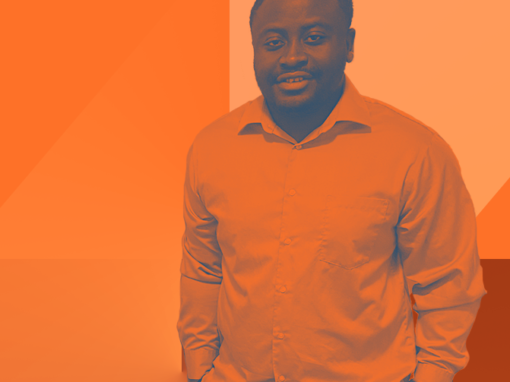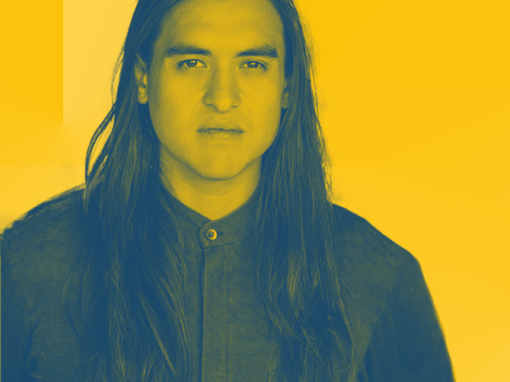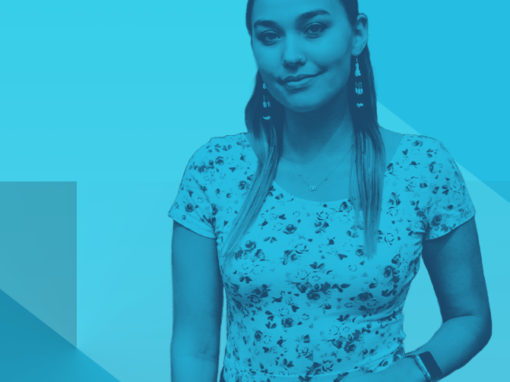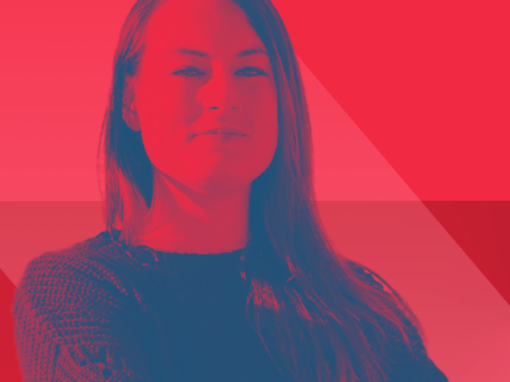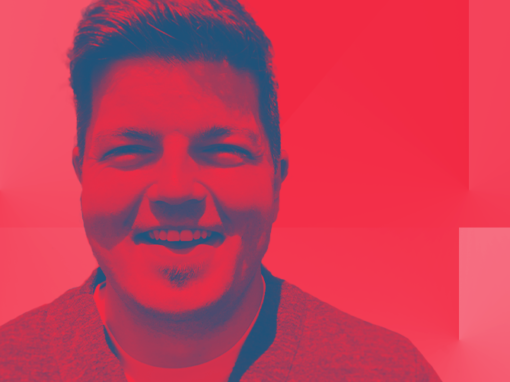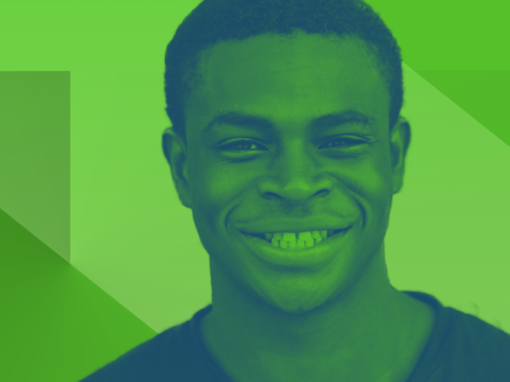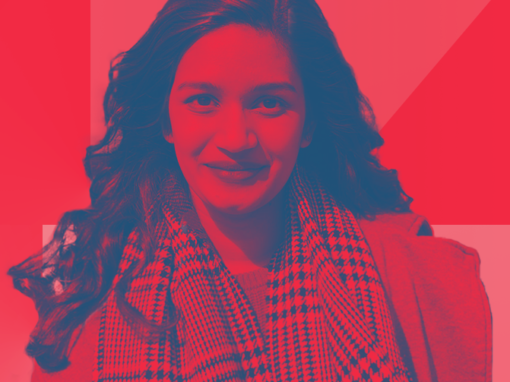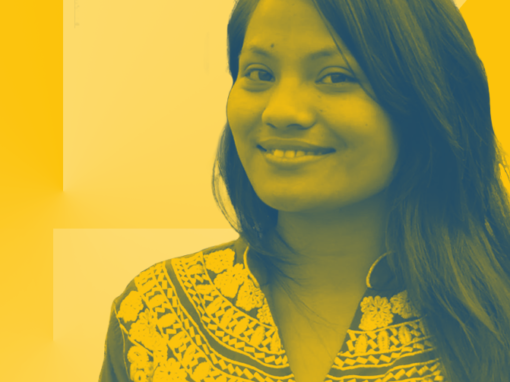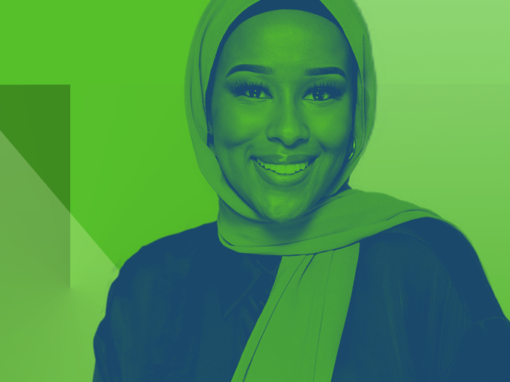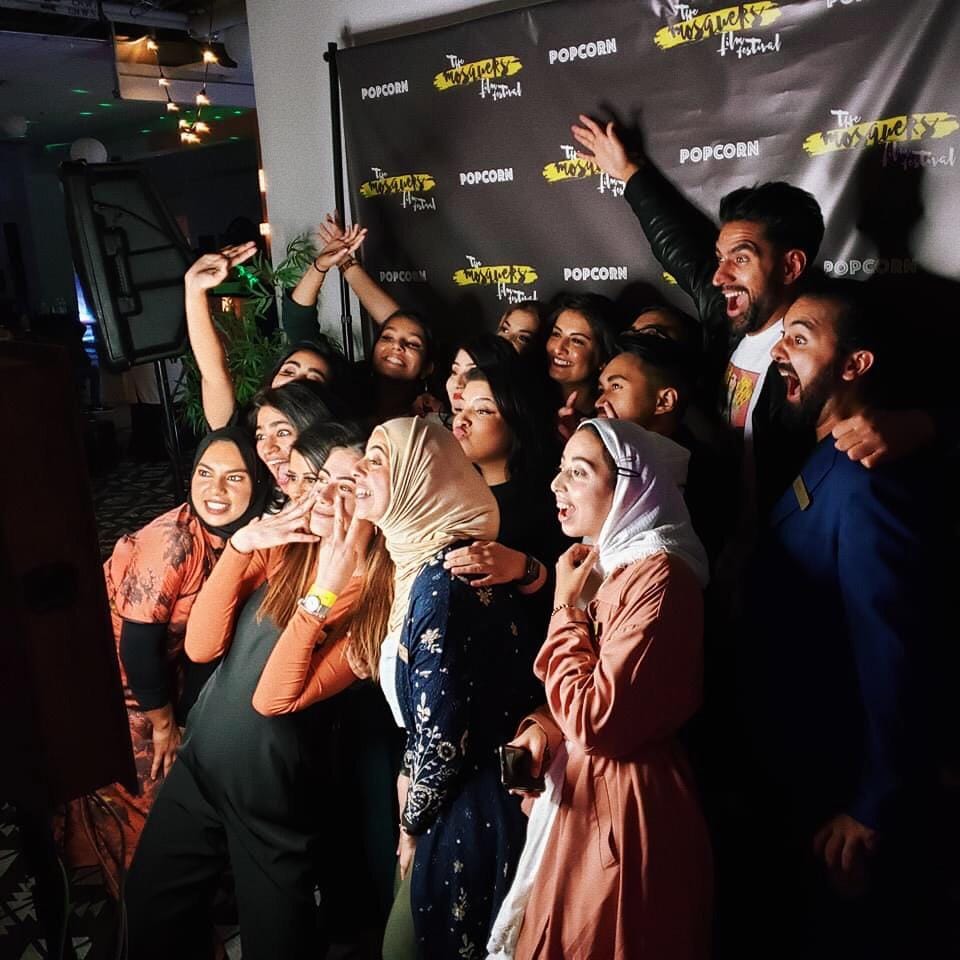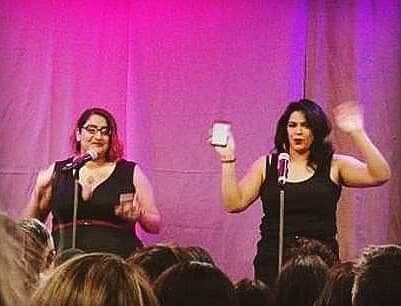“It’s time for everyone to have access to resources that provide them with support, dignity, and safety, so that we may reduce the inequalities that exist in our communities and around the world by 2030. “
Sofia Alani
2021 Top 30 Under 30
About
Age: 29
Hometown: Calgary, Alberta
Current Residence: Edmonton, Alberta
Organizations:
- REACH Edmonton
- Mosquers Film Festival Foundation
- Muslim Feminist Collective of Edmonton
Sustainable Development Goals (SDGs) I am most passionate about:
How are you working towards the SDGs?
I work primarily with after-school programs for vulnerable children and youth at REACH Edmonton, a non-profit that supports community well-being. I am also involved in the creation and implementation of an exhibit about people with lived experiences of addiction that we are hoping will increase empathy and reduce the stigma surrounding substance use/misuse.
My current volunteer experience includes my role as Co-Chair of the Mosquers Film Festival Foundation, which is a one-of-a-kind film festival that aims to educate, entertain and build bridges while celebrating art about the Muslim experience. Over my four years on the board, it has been wonderful to see the organization grow and to have an opportunity that allows me to combine two things I love – art and breaking down barriers. I also co-host the organization’s podcast The Halal Gap, which highlights Muslim artists and their journey through industries that don’t always understand who they are.
In addition, I am the co-founder of the Muslim Feminist Collective of Edmonton, which aims to raise awareness about social justice issues and hold space for conversations about how to affect change. Through the collective, we have put on two annual productions of The Vagina Monologues, which have raised over $4000 for local agencies that support Black, Indigenous, and Muslim women. I am also currently working on the second iteration of a workshop on anti-racism that I am co-facilitating in my community, which aims to address the anti-Blackness that exists in our own homes and hearts.
What do the SDGs mean to you?
When I think about the future and the work that I hope to do, everything is linked. I have a hard time separating how we would achieve No Poverty (SDG1) and Reduced Inequalities (SDG10) without Gender Equality (SDG5); I don’t think we could achieve Clean Water and Sanitation (SDG6) or Sustainable Cities and Communities (SDG11) without first addressing Climate Action (SDG13). I think this speaks to the importance of every single Sustainable Development Goal and why Partnerships for the Goals (SDG17) are so important. We are part of a broader ecosystem of intersecting issues that all require attention and passion in order to be changed. Our diversity is our strength, and it is only through embracing this diversity that change will be achieved.
I do not think that we will be able to move forward with the rest of the goals without equity – and I mean that in the broadest sense of the word – equity for Black people, Indigenous people, trans folx, women, Muslims, non-Black people of colour, those living with a disability, those living with mental health issues or addictions, those who are incarcerated, and anyone else I may have neglected to mention. I hope that by 2030, we have made some progress in identifying and removing barriers that exist for people to access basic resources, support, housing, employment, education, healthcare, justice, safety, and happiness.
There are less than 10 years left until the 2030 deadline for achieving the Sustainable Development Goals (SDGs). Where do we start?
I often get overwhelmed when I think about the state of the world: there are natural disasters and climate change realities; there is war, occupation, genocide, disease, and poverty; young girls are still not educated and are forced to endure female genital mutilation or sold to human traffickers; there is rape culture, workplace and street harassment, racism, sexism, xenophobia, Islamophobia, fatphobia, accessibility issues, wealth inequality, mass incarceration, an opioid epidemic, and Black lives still don’t matter. There are mountains of broken promises to, and violations of, Treaty with Indigenous peoples; trans folx are being murdered in horrifying numbers; and Palestinians are losing more land and more lives every day. On top of all of this, we are living through a global pandemic that will have years of financial, physical, and emotional ramifications.
Here are my suggestions for what you can do if you’re also feeling overwhelmed:
1) Find out which issues you are passionate about and educate yourself. Listen to the people you want to help and don’t be afraid if you do not know something. Ask questions, find good sources, and learn about what you can do to help. Don’t do performative allyship. Put your money where your mouth is, and learn to recognize and check your privilege.
2) Find ways to address the issues in your own community. If there are already organizations and community members doing the work, find out what they need and then help them get it. Do they need volunteers? Funds? Awareness? Do your best to invest in community members and organizations that are already established. Use your position, your resources, and your privilege to raise awareness in rooms and at tables where others cannot be.
3) Stick with it. This work is difficult. It will involve a lot of unlearning and relearning, where you will be forced to understand and confront your biases, and acknowledge and apologize for your mistakes. Set aside time to process and unpack your emotions. You may feel sad and angry and hurt, but you have to lead with empathy and continue the work, because it will require all of us.
More Top 30s from 2021
